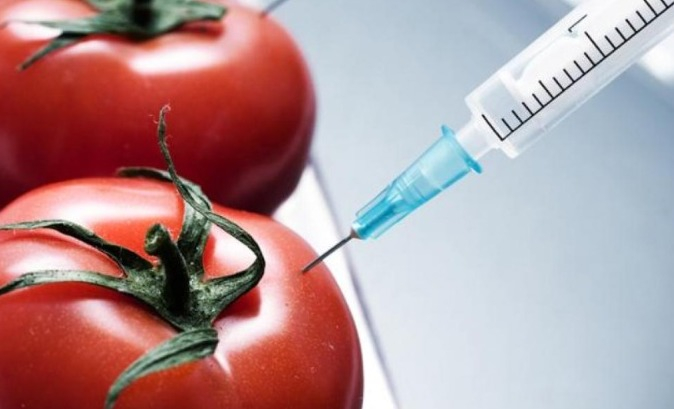
The Peruvian Government made official this Friday, December 29, the Regulations of Law 29811, which establishes the moratorium on the entry and production of living modified organisms (LMOs) into the national territory for a period of 10 years, extended by Law 31111 until the year 2035.
Through supreme decree No. 012-2023-MINAM, it is established that LMOs for cultivation or breeding purposes, including aquatic ones, to be released into the environment cannot be marketed in the national territory until December 31, 2035.
A living modified organism (LMO) is any living organism that has a new combination of genetic material that has been obtained through the application of modern biotechnology.
“The purpose of this regulation is to prevent the entry and production of LMOs for cultivation and breeding purposes, including aquatic ones, to be released into the environment; as well as to strengthen national capacities, develop infrastructure and generate baselines that allow adequate evaluation and management of risks in the event of a potential release of LMOs into the environment,” the document details.
Exceptions are LMOs intended for use in confined spaces for research, LMOs used as pharmaceutical and veterinary products that are governed by international treaties, and LMOs and their derived products imported for direct human and animal consumption (or for processing). .
This is because currently Peruvians already consume genetically modified foods, such as corn and wheat. What is prohibited is the commercialization of organisms for cultivation and breeding at the national level.
OVM: Minam, responsible for preventing the entry of GMOs
The Ministry of the Environment (Minam) is responsible for ensuring the restriction, in addition to proposing and approving, in coordination with the corresponding competent entities, the necessary measures to prevent the entry and production in the national territory of LMOs for cultivation or breeding purposes. , including aquatic ones, to be released into the environment.
It must also generate and update species diversity baselines for biosafety purposes, in addition to “promoting scientific and technological capabilities in modern biotechnology and biosafety, as well as the development of the required infrastructure” with Concytec.
“The Minam, based on technical and scientific criteria, establishes the guidelines to determine the status of LMO, within the scope of Law No. 29811 and Law No. 31111, of products or organisms developed from new biotechnological tools. These guidelines are approved by Ministerial Resolution of the sector,” the document continues.
There are support entities such as Senasa, INIA, Produce, Sanipes, OEFA, Sunat, the Public Ministry, and regional and local governments to prevent the commercialization of GMOs in Peru until December 31, 2035.
Source: Larepublica
Alia is a professional author and journalist, working at 247 news agency. She writes on various topics from economy news to general interest pieces, providing readers with relevant and informative content. With years of experience, she brings a unique perspective and in-depth analysis to her work.












